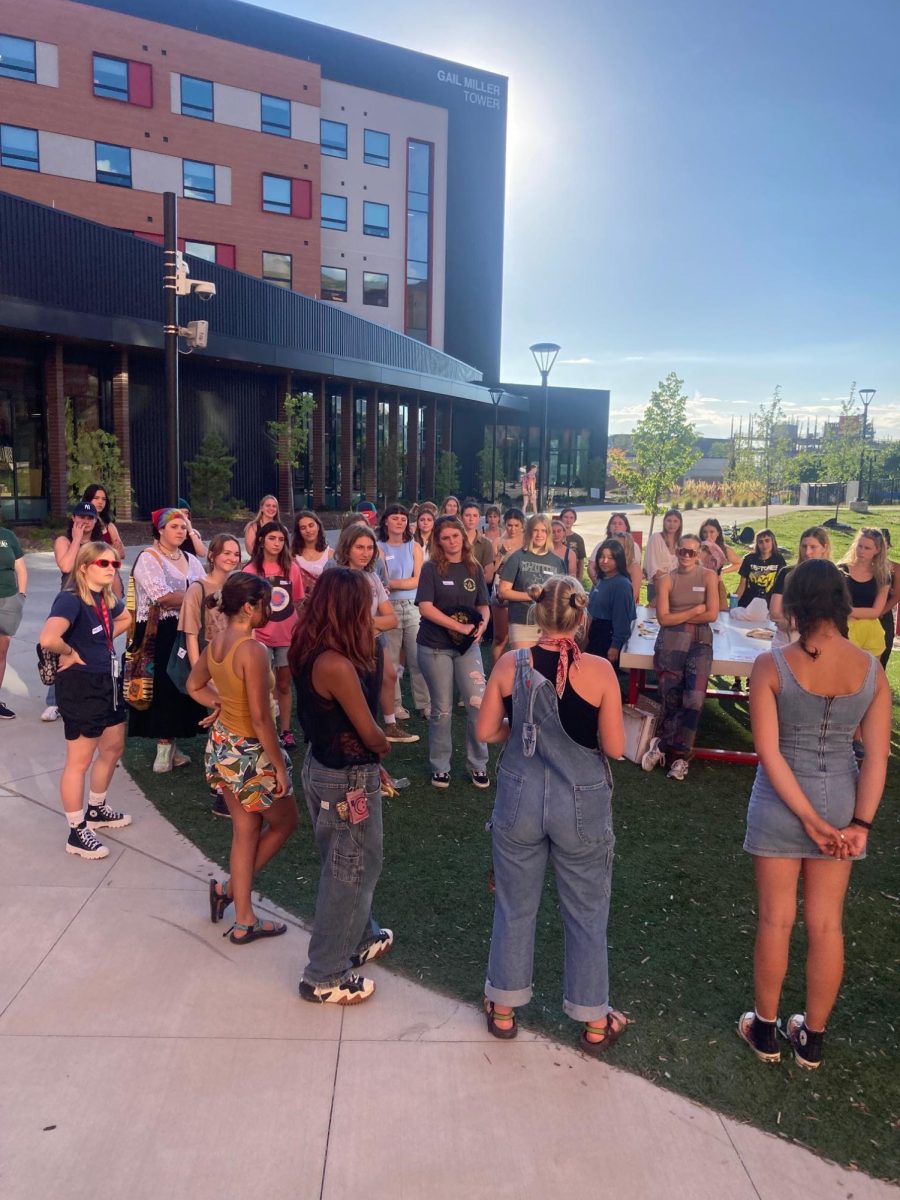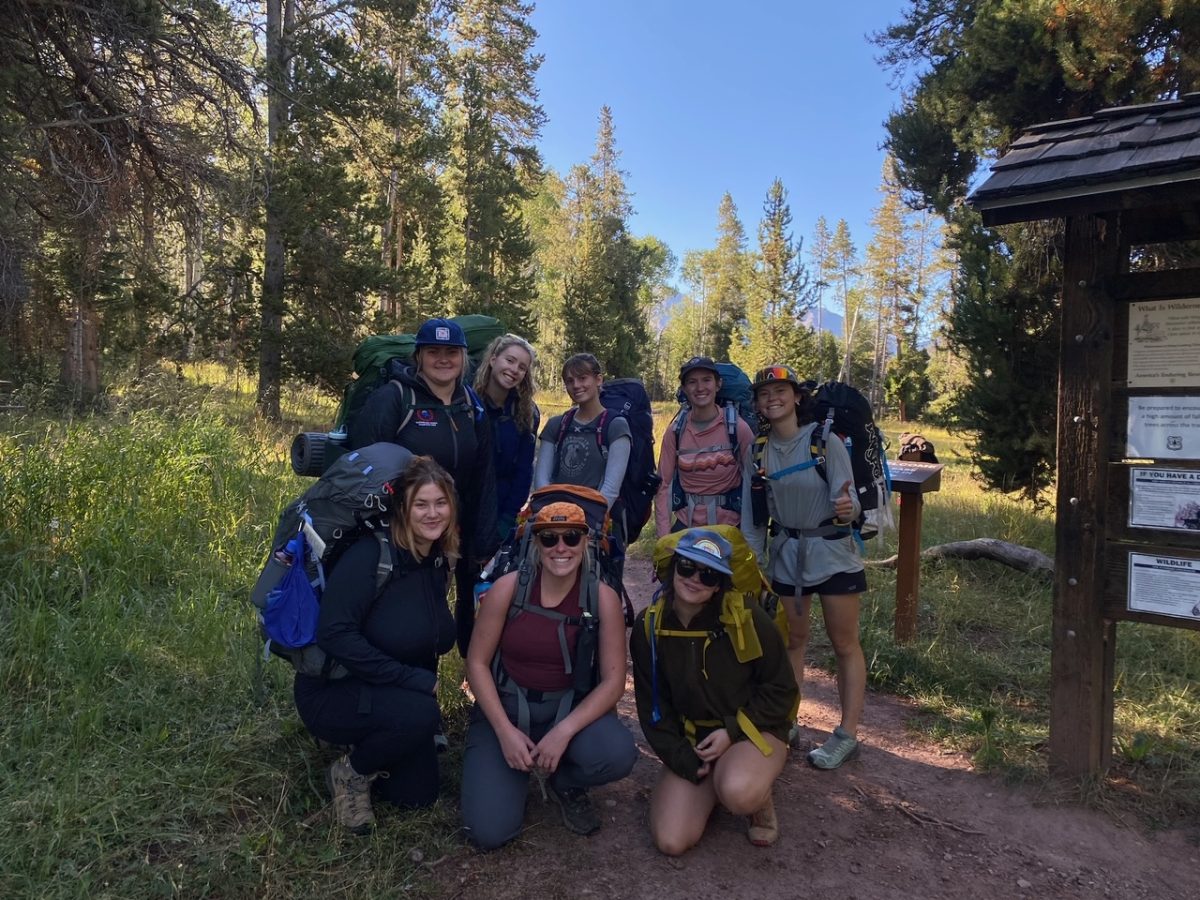Backcountry Squatters, a club that organizes outdoor recreational activities for women and nonbinary students, is gaining popularity on the University of Utah campus.
Tory Peters and Mary Roalstad, the presidents of the U Chapter, said the club allows women and nonbinary students to cultivate a community of people who are authentically interested in exploring the outdoors.
“We’re focused on building a community of people that are stoked to go outside with or without experience doing so,” Peters said. “We put on a lot of different events, from clinics and trips to social events and outdoor things.”
She added it’s important to have a club like this for women and nonbinary people because there are “already so many male-dominated spaces in the outdoors.”
“We’re trying to make it feel more accessible and welcoming for women and nonbinary folks and people that are generally less represented,” she said.
Some of the outdoor events the club plans include canyoneering, hiking, skiing, backpacking and camping. Two weekends ago, the group returned from a backpacking trip in the Uintahs, but they traveled all over the northwest, from Moab to the City of Rocks in Idaho.

The Squatters leadership emphasized that they want women and nonbinary students on campus to feel that the group is a good fit for them, even if they aren’t experienced in outdoor adventure.
“We want to be as welcoming as possible and also give people the tools to do things on their own, so they don’t need us to plan a trip to be able to do it,” Peters said. Senior members of the club provide guidance to younger less experienced members in activities that require prior knowledge like canyoneering, Nordic skiing and backpacking.
Peters and three other students started the club at the U two years ago after they heard about the organization’s success on the Montana State University campus.
“One of the gals heard of it from the Montana State chapter, which is the first chapter, and she was like, ‘this sounds sick,'” Peters said.
Since the organization started in Montana, it has become popular nationwide, gathering 12 new chapters in the last eight years, primarily in the northwest, but also in Maine, Massachusetts and New York.
Despite the group’s primary focus on outdoor adventure, the Squatters also provide opportunities for women and nonbinary individuals to build a community during on-campus events.
“We had a pot painting night where we just painted flowerpots,” Roalstad said. “That was sick because so many people showed up and everyone was like chatting and just very comfortable in that space just out on the union lawn.”
The Squatters hold weekly meetings on Mondays, but the club holds an event every Friday as well, along with bigger trips and volunteer events that are usually on the weekends.
“We’re a super low-commitment club,” Roalstad said, “But our thought is that by offering a reoccurring event, people can sort of plan around that and be like, oh, I don’t have to worry about like Friday night because I know the Squatters are like going to have a movie night or something like that.”
Roalstad added that she thought the club’s ability to provide a strong and reliable opportunity for women and non-binary students to find enjoyment in the company of peers was an important piece of the club’s success.
“I think that fun is like a very core part of our events,” she said. “People are there to have a good time, right?”


